A Guide to Flawless Hot Water Tank Replacement
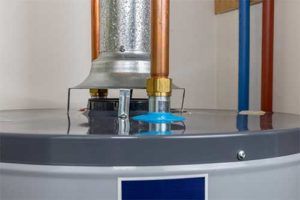
Is your hot water running a bit too cold lately? Hot water tanks are relatively simple, reliable appliances, but they will eventually wear down due to age or improper maintenance techniques. When yours fails, it can leave you without simple luxuries like hot showers and warm water for washing your hands. Fortunately, replacing your water heater doesn’t need to be an especially difficult process.
As with any other major home appliance purchase, the best option is always to take your time and research your options carefully. Buying the right water heater for your situation will help to reduce your utility costs and ensure that you always have sufficient hot water for your home. This guide will offer a simple, four-step process to guarantee that you get the perfect water heater for your scenario.
1. Confirm That You Need a Replacement
Your first step should always be to confirm that your hot water heater is beyond saving. A storage water heater will typically last about a decade, with that number increasing or decreasing based on tank maintenance. It may not be worth spending substantial amounts of money on a heater nearing the end of its lifespan, even if the problem is potentially repairable.
A new water heater often costs around $1,000 to install, so keep this number in mind when evaluating any repairs. Putting several hundred dollars into an aging appliance may leave you facing similar repair costs shortly, quickly exceeding the price of a longer-lasting and potentially more efficient replacement. On the other hand, it’s usually worth it to repair water heaters that are less than ten years old.
2. Evaluate Your Household Needs
Storage waters heater work by keeping a specific volume of water available for use at all times. Choosing a tank with the right capacity for your household ensures that hot water is ready for most typical usage scenarios, such as hot showers, washing dishes, or doing laundry. Tanks that are too small will leave you with less available hot water and increased utility bills.
The easiest way to evaluate your specific needs is to consider your current tank size. If your tank previously supplied enough hot water to your home, then replacing it with a similar-sized tank will be your best bet. On the other hand, it may be worth upgrading to a higher capacity heater if you are planning future renovations, such as the addition of a new bathroom or even a larger bathtub.
3. Compare Operating Costs
When comparing water heaters, look for the energy factor (EF) rating. This value is similar to the efficiency ratings found on many appliances, such as air conditioners or furnaces. The EF tells you what percentage of the heater’s input fuel gets converted into hot water, and what amount of fuel the heater loses as waste heat or exhaust. The higher the EF rating, the more efficient the water heater.
In addition to the EF rating, most water heaters will also provide you with an estimated annual operating cost. Your actual costs will vary depending on fuel prices in your area, but this value can give you a rough estimate of how much your new water heater will cost. In many cases, upgrading to a more efficient unit can offset some of your replacement costs by saving you money on your monthly utility bills.
4. Check Features
Finally, check any extra features that may be present on your chosen water heater. Although fancy features are less critical than energy-efficiency or tank size, they are still worth considering. Pay special attention to tank warranties. A tank with an extended warranty period may be worth considering, even if it costs a little bit more initially.
The post A Guide to Flawless Hot Water Tank Replacement appeared first on .
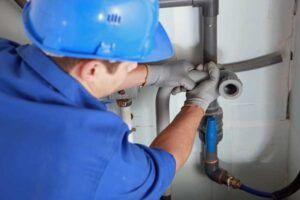
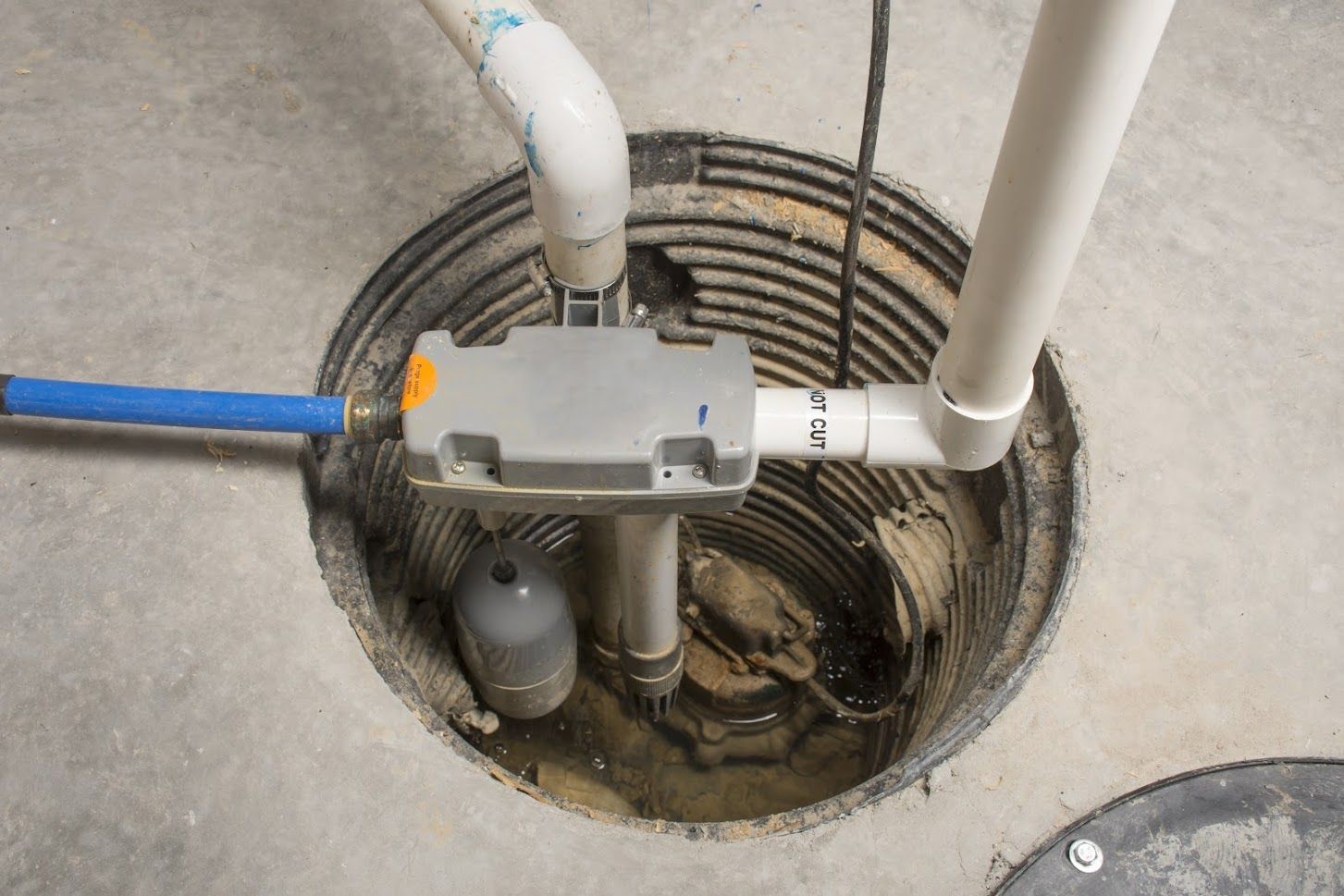

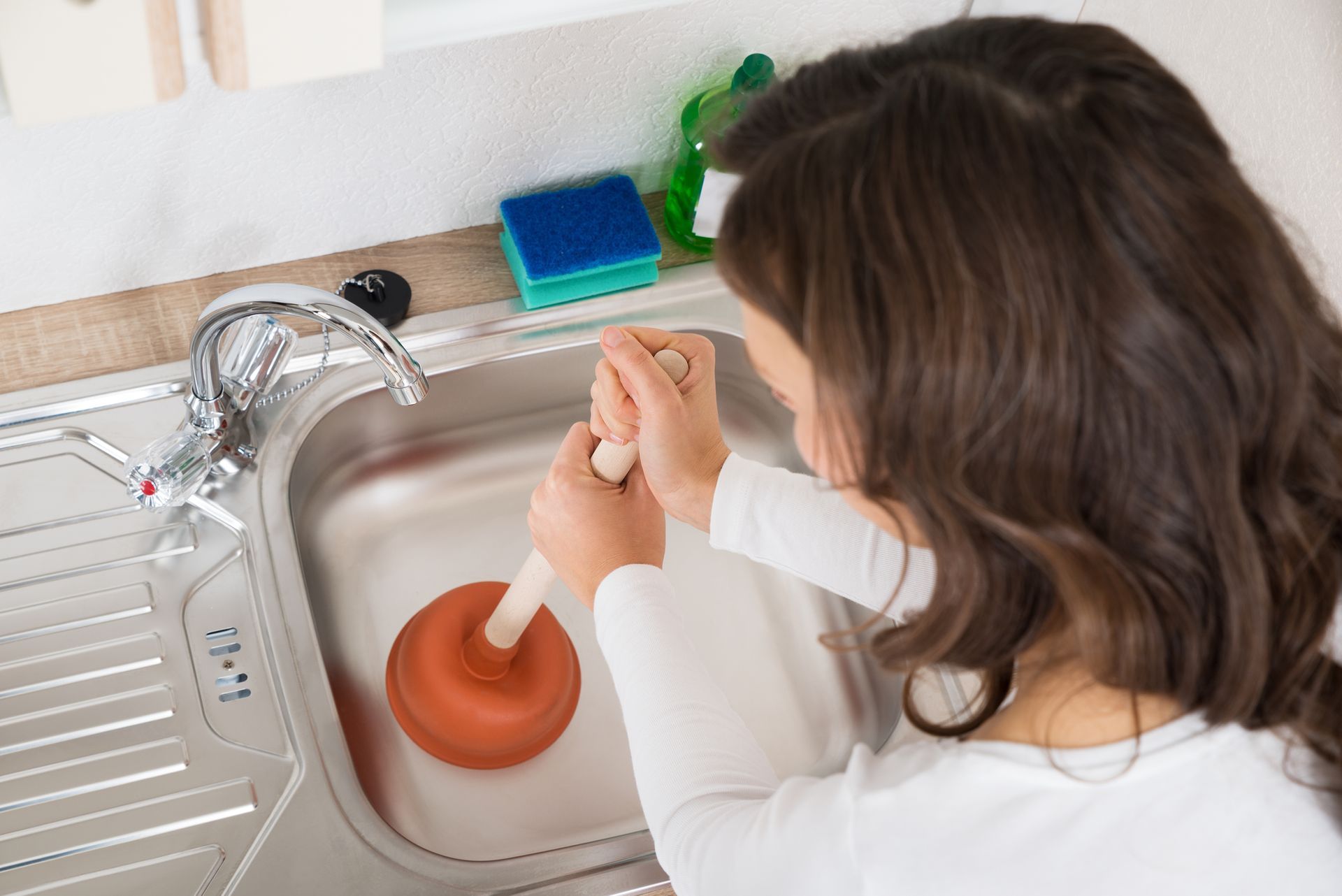

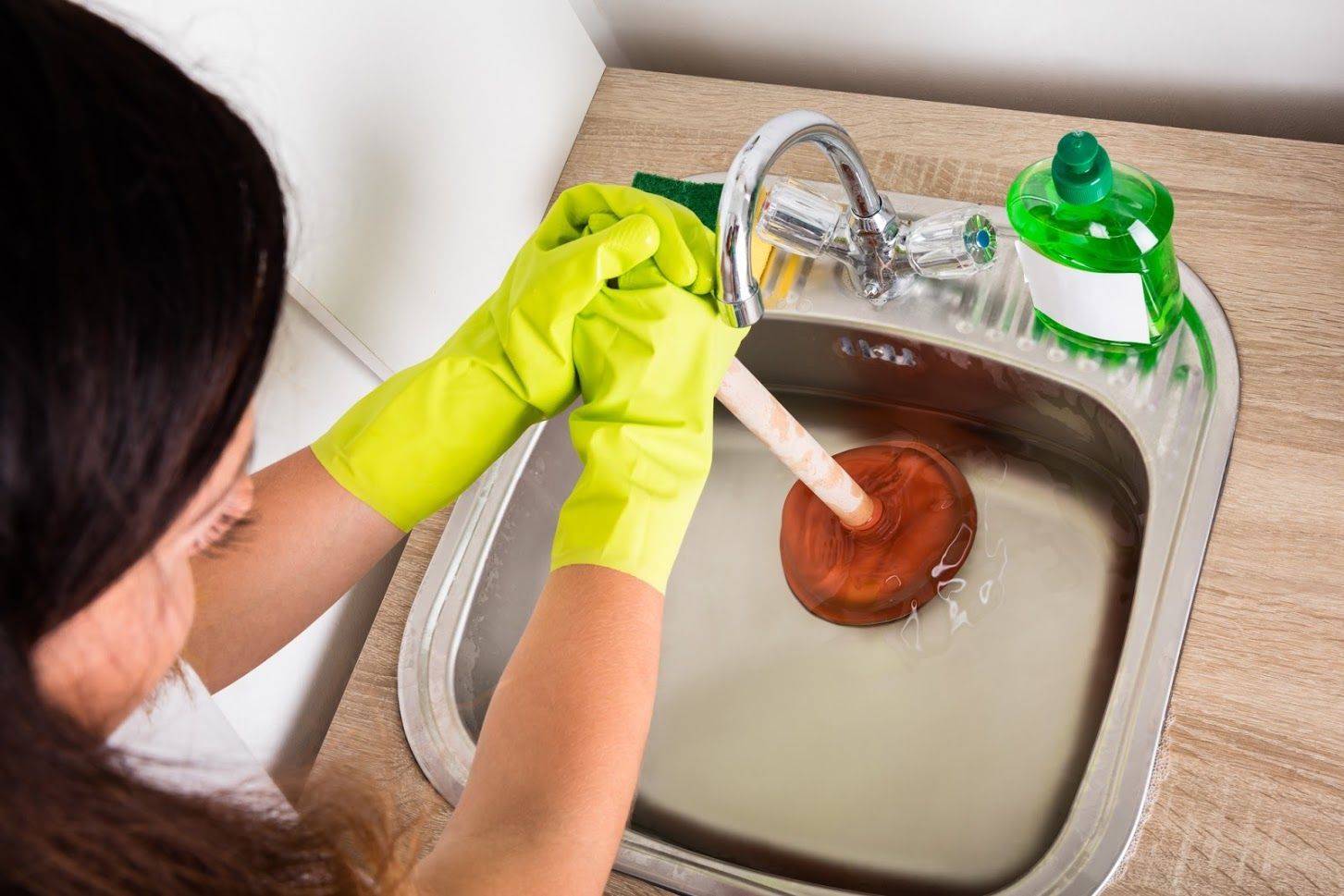


★★★★★
The total process from booking a service call, by phone, to the installation of a steel reinforced waterline hose on our refrigerator, was a pleasurable experience. A retired plumber recommended QP. Jeff had to pull out the refrigerator, remove the plastic waterline, install the new waterline, check to make sure the water dispenser was working and put the refrigerator back. Jeff was careful and mindfull of our wooden floor as the refrigerator was in a built-in cabinet. Since we live in a condo we want to eliminate all possibilities for a water leak. Jeff not only did his skillful job, he also educated us on the different water supply lines. I would recommend QP.
- Janeine G.
Button
★★★★★
Quality Plumbing did a rough-in plumbing install for a bathroom and kitchen sink in my basement. Very communicative, helped plan the space, and did a great job on the install. Will be using them again!
- Ian H.
Button
★★★★★
Called them when my water heater broke, they were over same day with a new one. Logan is great, he's fixed a couple things over the last year and is always professional and informative.
- Nick B.
Button
★★★★★
Quality plumbing is amazing 👏 when my brothers home had a problem with water pressure, they were able to schedule quickly, identify the problem and provide cost effective solutions quickly. When they did the work, they were on time on budget and cleaned up everything afterwards. Thank you for your great service Quality Plumbing! …
- Rich R.

★★★★★
Quality Plumbing is my go-to plumbing company for all my projects. I had one big project and after meeting Jeff, I’ve specifically requested him to come out for my other 2 projects. He’s incredibly punctual, efficient, and keeps the area nice and clean. Great to communicate with and provides clear answers to all my questions. Jeff is very professional and knowledgeable in his craft. Every time I call, Delaney will always pick up my phone calls and get me scheduled right away. Never had great success with plumbing companies until I started working with Quality Plumbing. They have unbeatable prices and will provide you with an honest solution to your problems. Highly recommend choosing Quality Plumbing!
- Alex D.
Button

★★★★★
The total process from booking a service call, by phone, to the installation of a steel reinforced waterline hose on our refrigerator, was a pleasurable experience. A retired plumber recommended QP. Jeff had to pull out the refrigerator, remove the plastic waterline, install the new waterline, check to make sure the water dispenser was working and put the refrigerator back. Jeff was careful and mindfull of our wooden floor as the refrigerator was in a built-in cabinet. Since we live in a condo we want to eliminate all possibilities for a water leak. Jeff not only did his skillful job, he also educated us on the different water supply lines. I would recommend QP.
- Janeine G.
Button
★★★★★
Quality Plumbing did a rough-in plumbing install for a bathroom and kitchen sink in my basement. Very communicative, helped plan the space, and did a great job on the install. Will be using them again!
- Ian H.
Button
★★★★★
Called them when my water heater broke, they were over same day with a new one. Logan is great, he's fixed a couple things over the last year and is always professional and informative.
- Nick B.
Button
★★★★★
Quality plumbing is amazing 👏 when my brothers home had a problem with water pressure, they were able to schedule quickly, identify the problem and provide cost effective solutions quickly. When they did the work, they were on time on budget and cleaned up everything afterwards. Thank you for your great service Quality Plumbing! …
- Rich R.

★★★★★
Quality Plumbing is my go-to plumbing company for all my projects. I had one big project and after meeting Jeff, I’ve specifically requested him to come out for my other 2 projects. He’s incredibly punctual, efficient, and keeps the area nice and clean. Great to communicate with and provides clear answers to all my questions. Jeff is very professional and knowledgeable in his craft. Every time I call, Delaney will always pick up my phone calls and get me scheduled right away. Never had great success with plumbing companies until I started working with Quality Plumbing. They have unbeatable prices and will provide you with an honest solution to your problems. Highly recommend choosing Quality Plumbing!
- Alex D.
Button








